
Weiss and Provost awards honor outstanding faculty
Four faculty from A&S have been awarded Cornell’s highest honors for graduate and undergraduate teaching.
 Department Homepage
The College of Arts & Sciences
Department Homepage
The College of Arts & Sciences
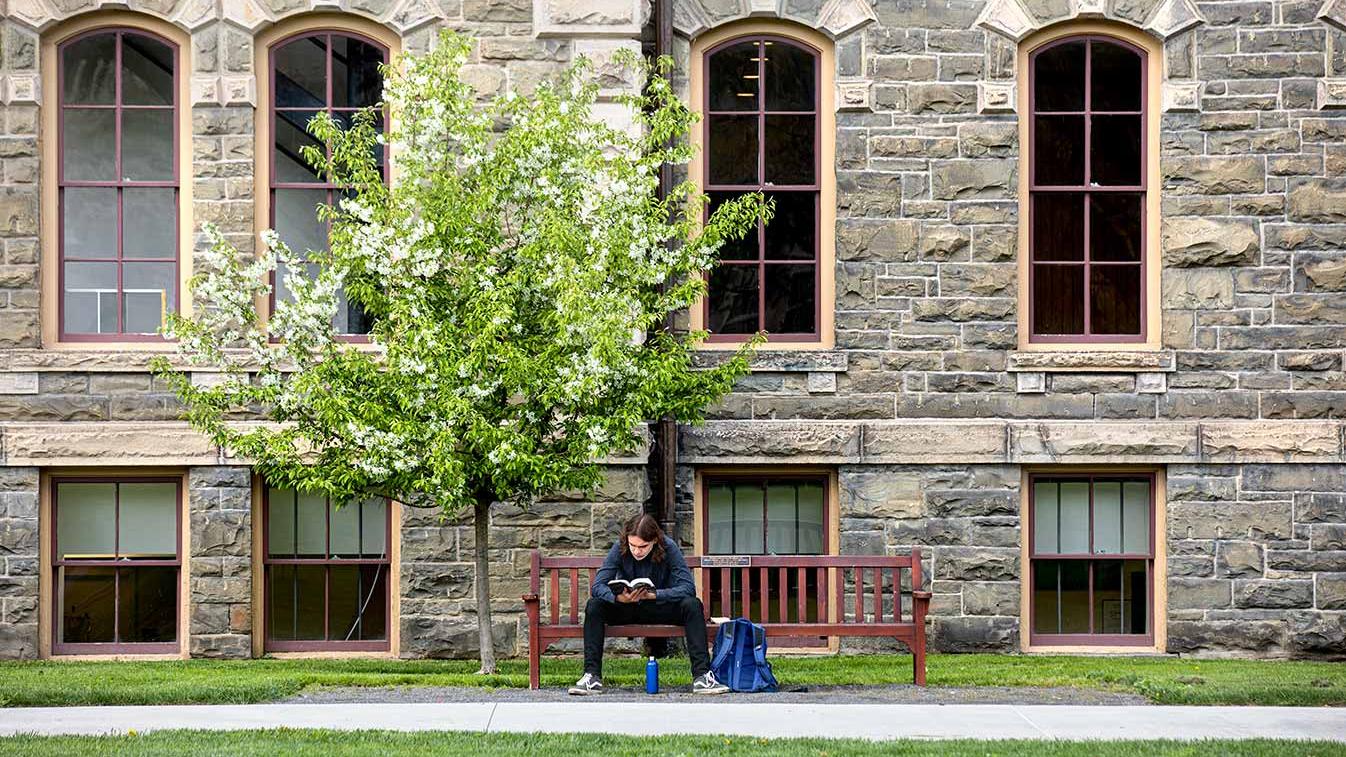
Our department’s focus spans most of the major theoretical subfields of linguistics, including phonetics, phonology, morphology, syntax, semantics, computational linguistics, historical linguistics, psycholinguistics, and language documentation. Our central research goal is the enhancement of our understanding of the cognitive mechanisms for acquiring and storing the knowledge of language.
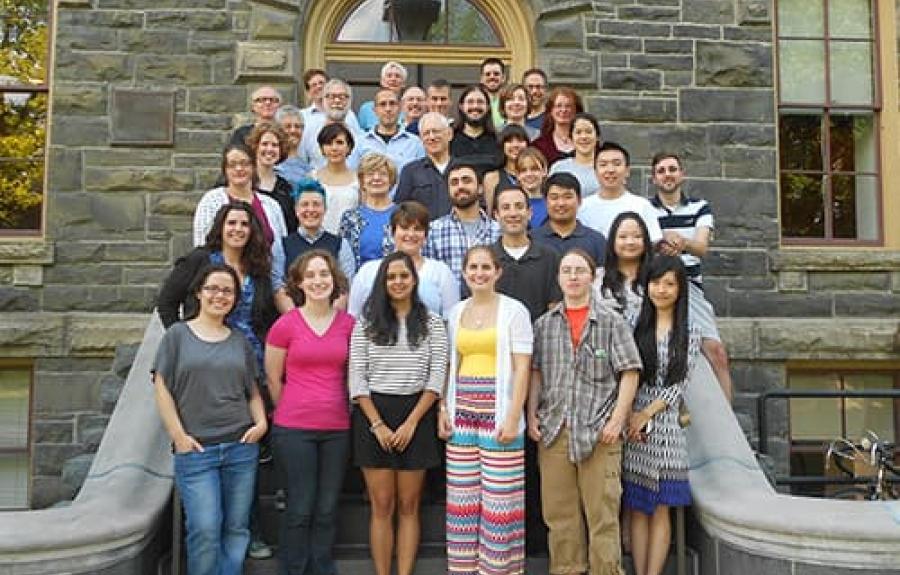
Linguistics, the systematic study of human language, lies at the crossroads of the humanities and the social sciences. Much of its appeal derives from the special combination of intuition and rigor that the analysis of language demands. Major subfields include: phonetics and phonology, the study of speech sounds; syntax, the study of how words are combined; semantics, the study of meaning; historical linguistics, the study of language change in time; and computational linguistics, the modeling of natural language in all its aspects from a computational perspective.
Studying linguistics is not a matter of studying many languages. Linguistics is a theoretical discipline with ties to such areas as cognitive psychology, philosophy, logic, computer science and anthropology. Nonetheless, knowing particular languages (e.g., Spanish or Japanese) in some depth can enhance understanding of the general properties of human language. Not surprisingly, many students of linguistics owe their initial interest to a period of exposure to a foreign language, and those who come to linguistics by some other route find their knowledge about languages enriched and are often stimulated to embark on further foreign language study.
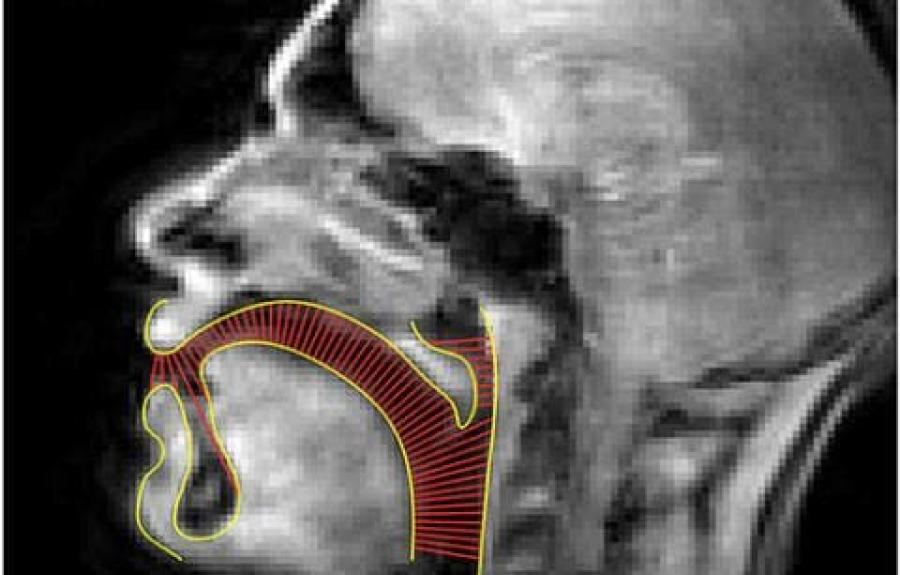
In addition to our traditional strength in theoretical linguistics, the department has built strength in experimental and computational methodologies with ongoing projects including studies of production of speech using articulometry and real-time MRI techniques, studies of syntactic processing using functional MRI and statistical modeling of brain activity and web harvesting of spoken language data. Another important research direction is linguistic data collection in the field, with a special focus on languages at the verge of extinction.
There are several labs and research groups that facilitate the research activities of both students and faculty. Experimental studies that scrutinize theoretical questions of current relevance underlie much student and faculty research. Fieldwork is another important component of our research profile, and several faculty work on endangered languages.

Four faculty from A&S have been awarded Cornell’s highest honors for graduate and undergraduate teaching.
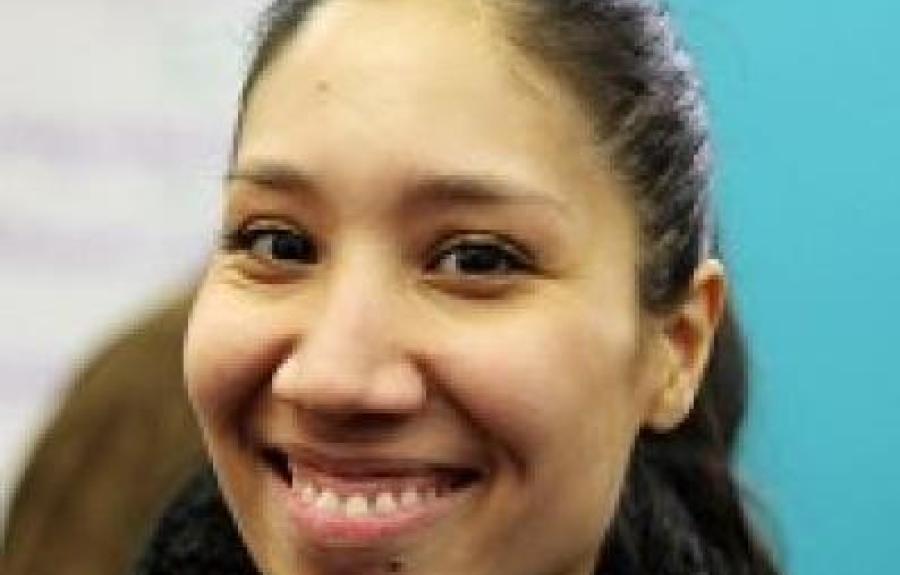
Charlotte Logan, Ph.D. '25, Accepts Provost Postdoctoral Fellowship at the University of Toronto
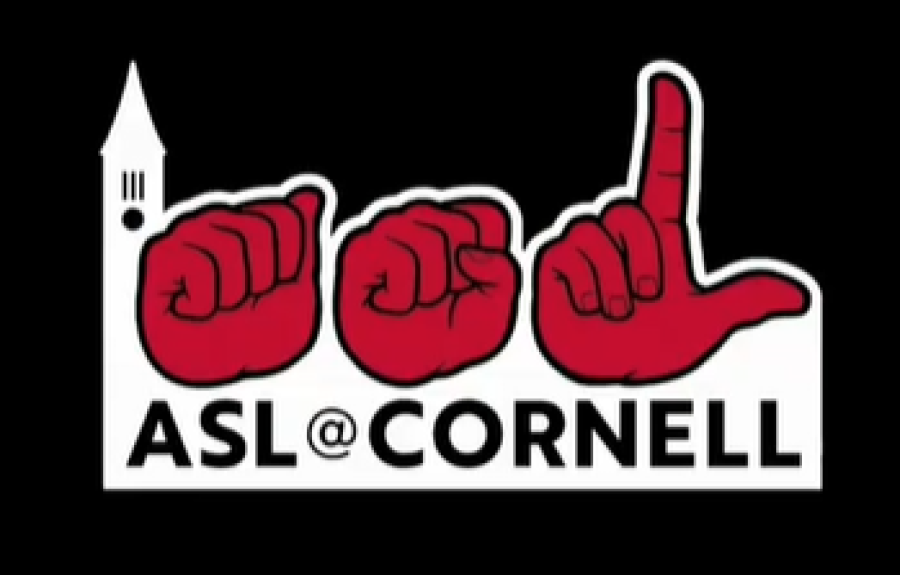
Student group ASL@Cornell places first in Cornell Lingua Mater 2025

The federal government ended a program that has funded Cornell's Southeast Asia Program and South Asia Program for decades.

Jean Frantz Blackall, a Cornell faculty member from 1958-94 who in 1971 became the first woman to receive tenure in what was then the Department of English, in the College of Arts and Sciences, died July 15 in Williamsburg, Virginia. She was 97.
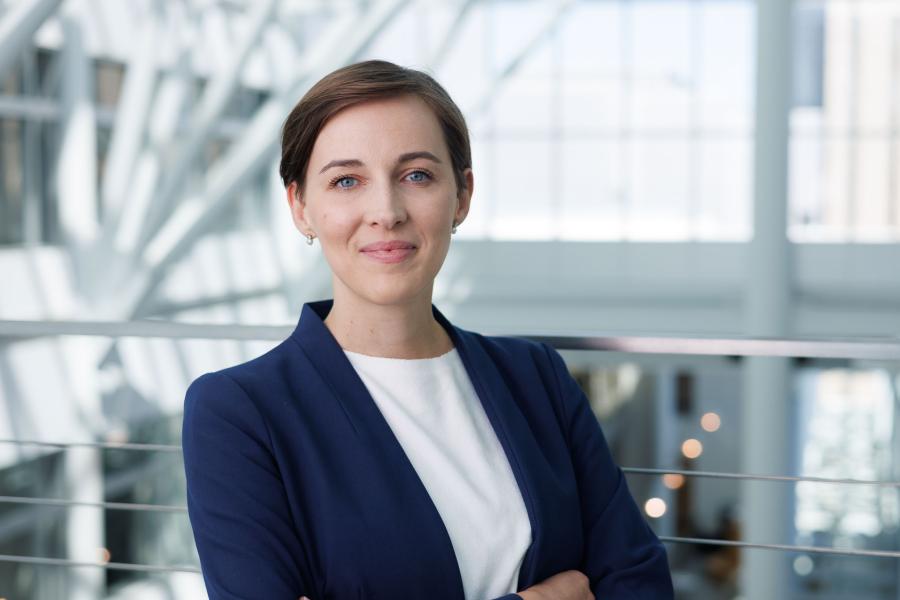
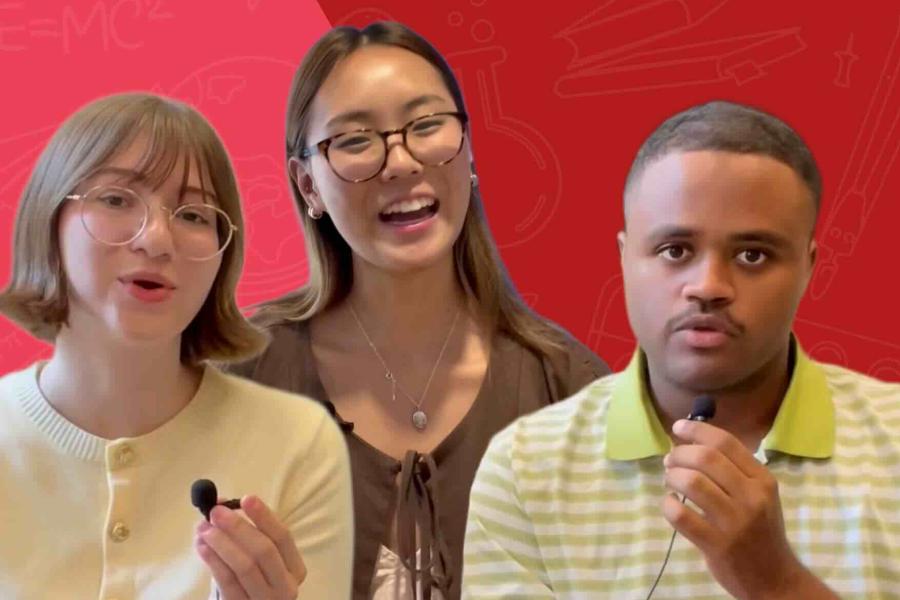
Ten students who participated in this summer's Nexus Scholars Program share their stories..
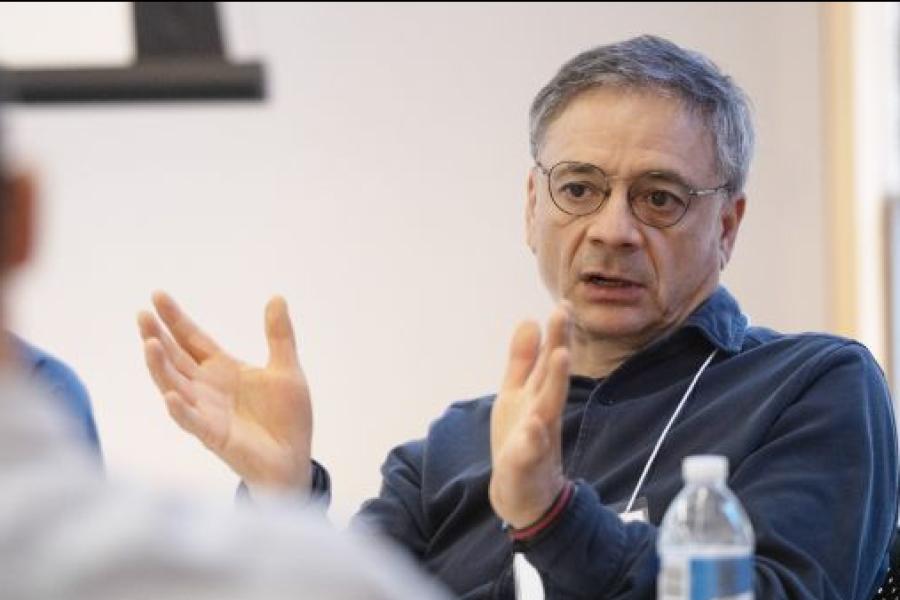
Linguist Marten van Schijndel co-led a session on “Responsible LLMs & Issues” at the summit.